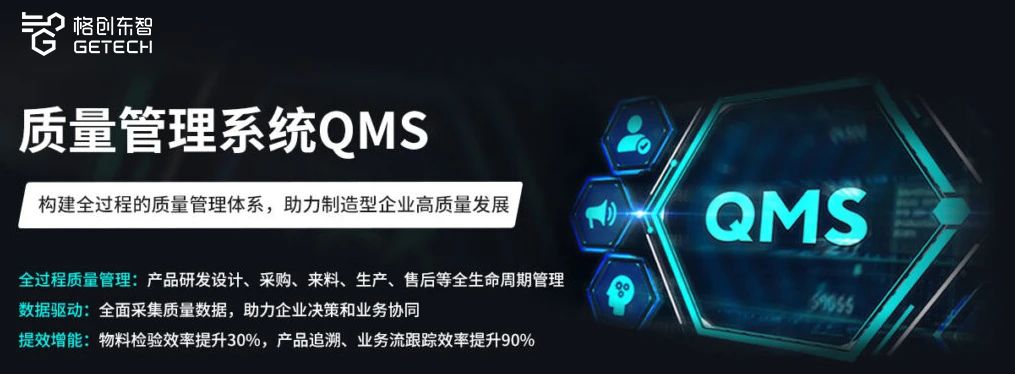Why is QMS still needed for quality management when MES and ERP are available?

QMS, on the other hand, is a more targeted, comprehensive, mature, and systematic quality management informatization system.


QMS, on the other hand, is a more targeted, comprehensive, mature, and systematic quality management informatization system.




